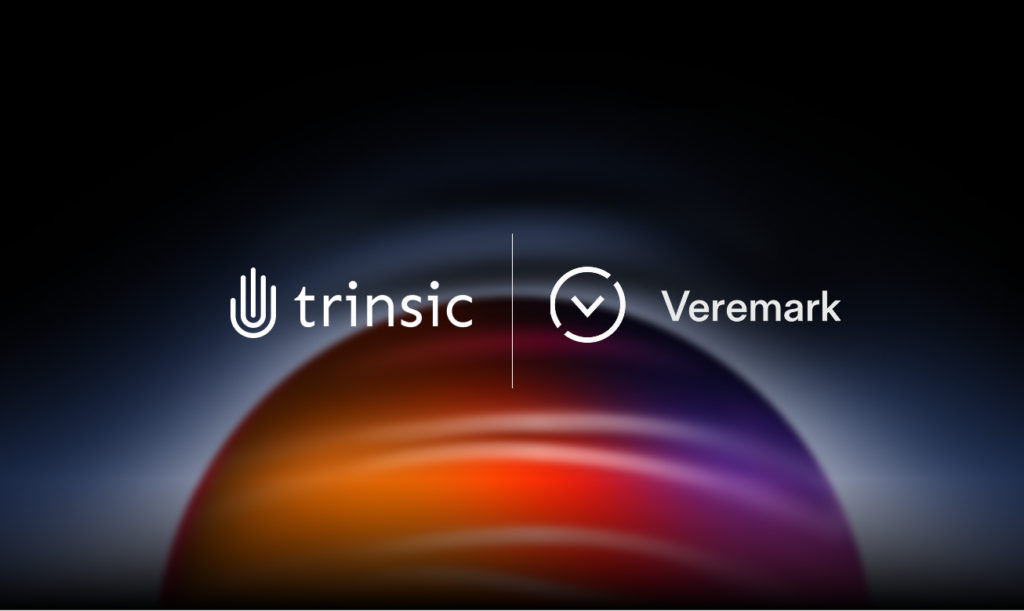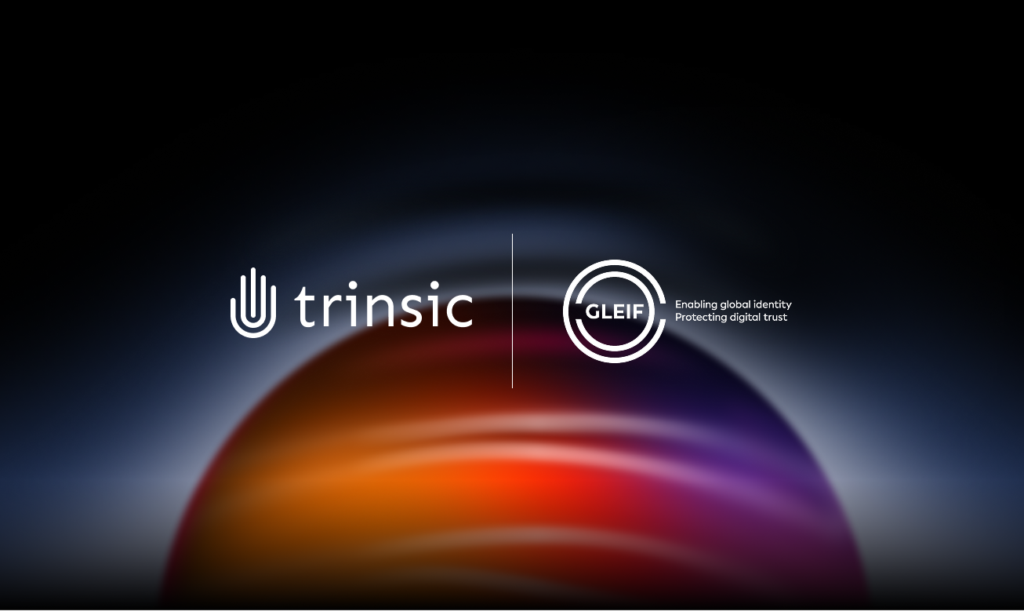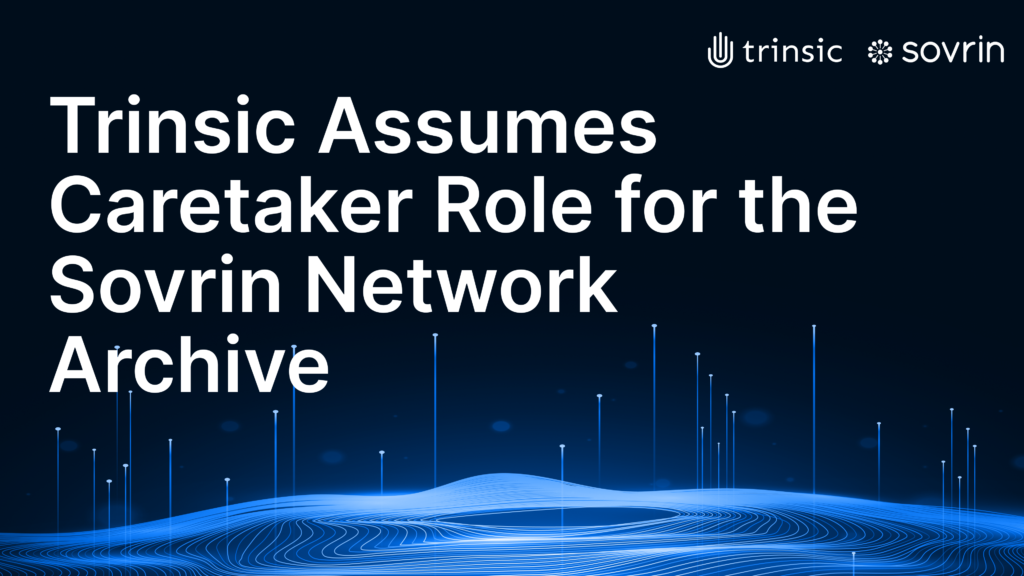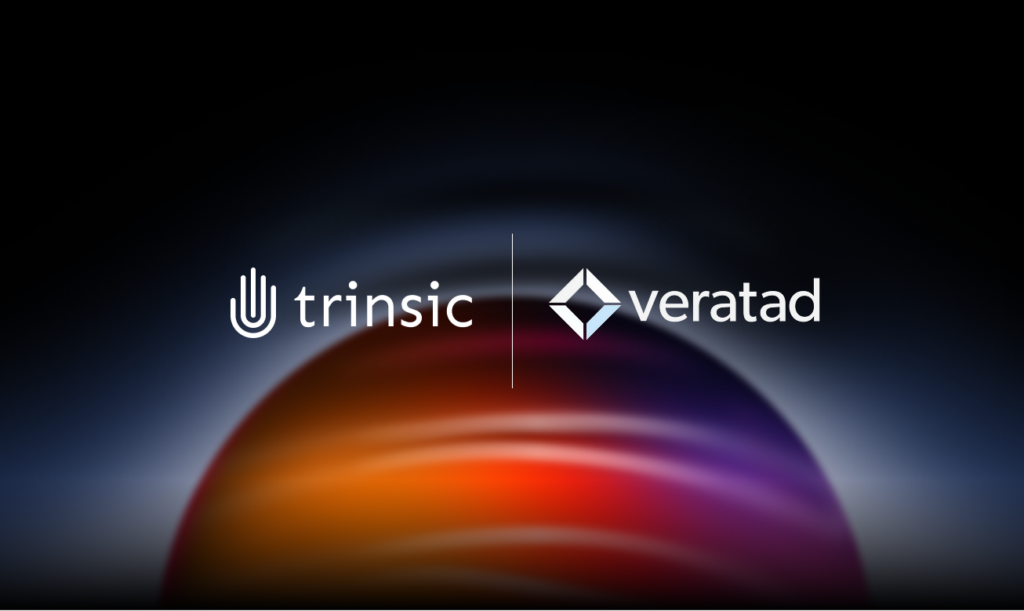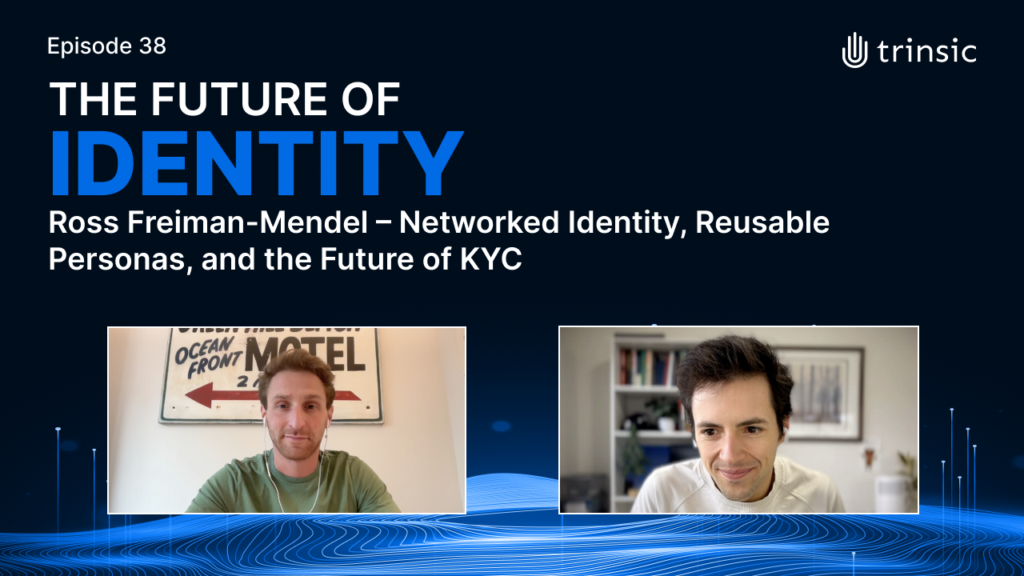We’re continuing our COVID-19 blog series interviews with Leah Houston, MD. Leah is an emergency doctor that has practiced medicine across the United States for nearly 10 years. She is currently working on an identity project around physician and later patient identities using self-sovereign identity (SSI).
We asked Leah to share her thoughts on how SSI can not only play a role in the medical industry but also impact the world during COVID-19. Check out the interview below!
Tells us some more about your company. What is it called? What is its purpose?
The project is called HPEC. HPEC stands for humanitarian, physicians, empowerment, community. For those of you who’ve been involved in the identity discussion, you understand that it’s all about community, and it’s about connecting with others. Your identity is used to interact.
We as physicians have to constantly interact with each other in order to coordinate care for patients. But right now, there’s no way for us to do that in a streamlined way. As with every other form of digital communication, the process is centralized. So if you’re working in a hospital, you only are able to communicate with doctors in that hospital. If you work for an insurance network, you’re only able to send patients to other doctors in that insurance network if you want the patient’s care to be covered. HPEC decentralizes all of that and allows everyone to interact with each other regardless of policy, practice, location, or specialty, so doctors can get their patients the best care.
How does HPEC use SSI?
When we document things as physicians, we’re really recording what happened in the patient encounter, so we can call upon the information in the future when needed. If the patient comes back in six months, we can look at the records and answer questions such as: Why did we give that medication, or what surgery did they have and when? But documenting the interaction is also important when communicating with other medical professionals. If I’m sending my private practice patient to an orthopedic surgeon, I want to be able to send the surgeon the patient’s relevant medical history.
Right now, physicians record their documentation on electronic health records (EHRs). And similar to any digital documentation, especially over the internet, we have the same problem where physicians have to choose one EHR, and then the information is all trapped there. The EHRs don’t talk to each other, and there’s no standards for interoperability. So there’s a lot of friction with being able to share that information among physicians and with patients being able to access that information.
Because of that we are building a self-sovereign identity solution for the practicing physician, so they can log in, document, and share this information in a streamlined and standardized way.
What was the catalyst for you to begin using SSI technology?
Something happened to me that made me really wake up to this problem and then this potential solution—a hospital that I was previously working for stole my identity.
They were using my professional brand, NPI numbers, and license numbers to bill under my name when I wasn’t even in that hospital anymore. That kind of turned on a light bulb. I had learned about identity (self-sovereign identity was very, very early in that stage), but I had read about identity solutions around voting and around resource allocation, especially in emerging economies.
I realized that SSI would have not only prevented what happened to me but could be used to alleviate a lot of the friction in our current healthcare system.
In the healthcare industry, what are the COVID-19 related use cases where SSI and verifiable credentials would be most helpful?
Self-sovereign identity brings privacy, security, and trust to the individual, without the individual having to reveal all of their identifying information. When it comes to COVID-19 and safety in businesses (especially in healthcare facilities like nursing homes), there might be some rules that employers create or that governments start mandating where you might need to have a recent negative COVID-19 test in order to go to work or enter the facility. But do you really need to show a piece of paper that contains a lot of personal information such as your name, phone number, and other lab tests you did that day? No. SSI makes it so you don’t have to.
What do you think it will take for the healthcare industry to begin adopting SSI as a viable solution to combat the risks of COVID-19 in the use cases you mentioned above?
Well, unfortunately as with everything else, show me the money. It has to demonstrate that it’s going to save money somewhere. If I am not allowed to go to work unless I prove that I’ve had a recent COVID-19 test, and I don’t have a solution for that, then that hits me in my wallet.
But if there’s an app that I can easily download, store my negative COVID-19 test result in it as a verifiable credential, and be able to show that to my employer, then we have a solution. So it’s going to have to be public, private partnerships and individuals who demand to use it. Those individuals may be CEOs of companies who want to get people back to work or they may be the individuals who want to be able to go back to work, board an airplane, go on a cruise, go to the movies, or send their children back to school.
There is a bit of a leap when it comes to understanding how SSI is a solution, which I think is also somewhat of a barrier, but I think these kinds of conversations are going to help open that up.
What advice would you give to physicians and other healthcare professionals who would like to learn about SSI but don't know where to start?
What people really need are developers who can build these platforms and make them user friendly.
But if people want to just learn about SSI in general and understand what it means, SSI Meetup has a lot of really good webinars on SSI. The people who’ve been doing this for a long time—Drummond Reed, Kaliyah Young, Christopher Allen, Kim Hamilton Duffy—these individuals have written a lot on the topic. The information and leadership is out there. It just takes a little time to understand it.
Is there anything else that you would like to add to this interview?
(end of interview)
Whether you are a developer or a physician, the Trinsic platform is the perfect place for anyone to get started with SSI. And if your project directly relates to COVID-19, we are offering our platform for free! Sign up for a Trinsic Studio account, check out our documentation, and get started with SSI today.



